Discover Strength
Recent Posts
09
Nov 2018
By Discover Strength
Posted in
strength training,
benefits from strength training,
health benefits,
cardiovascular health,
aerobics,
heart disease,
men's health
With
NO Comment
Permalink
NEW RESEARCH: ONE HOUR OR TWO STRENGTH TRAINING WORKOUTS PER WEEK LINKED TO DECREASE IN HEART DISEASE
Authors of a new research studying examining the effects of strength training on metabolic syndrome (a clustering of risk factors that pre-dispose to heart disease including high blood pressure, high cholesterol, abdominal fat, and elevated blood sugar) published in Mayo Clinic Proceedings concluded that strength training, independent of aerobic exercise, reduced risk of metabolic disease risk by 29%. Perhaps even more interesting, the research indicated that a relatively small amount of strength training produced the best outcomes.
02
Nov 2018
By Discover Strength
Posted in
strength training,
Arthur Jones,
cardio,
benefits from strength training,
health benefits,
Kenneth Cooper,
cardiovascular health,
aerobics
With
1 Comments
Permalink
THE HEALTH BENEFITS OF STRENGTH TRAINING: An Unintentional Branding Issue
The year 1970 shaped how virtually all of us think about exercise today.
26
Oct 2018
By Discover Strength
Posted in
exercise,
medicine,
sports
With
NO Comment
Permalink
EXERCISE VS. SPORT: What is the difference and why does it matter?
|
Exercise and sport are not the same thing.
Exercise is designed to improve our physiology (not to degrade it). Exercise is a means to an end.
Sport, on the other hand is not designed to improve our physiology. Sport is an end in itself.
Clearly, many sports may positively impact our physiology; for example, playing basketball can stimulate improvements to our cardiorespiratory fitness. However, this is not the intent of basketball, it is merely a byproduct (and not always the byproduct). The intensity, duration, rest periods, and frequency of the game play would have to be carefully modulated in order to truly define basketball as exercise. Moreover, the risk of injury in basketball is far too high to qualify as exercise. If you get injured while doing an activity, that activity is not exercise. Again, exercise doesn’t degrade, it improves our physiology and physical function. Tom Purvis brilliantly captures this message stating, “If exercise is supposed to be good for you,
then sports are not exercise.
Sports are the reason we have sports medicine.
Exercise is supposed to be the medicine!”
Over the last 20 years, more and more people are engaged in sports in the name of exercise; a short list of these
sports
includes marathon running, triathlons, basketball, Crossfit, dancing, and gymnastics. By all means, engage in sports because you enjoy them as recreation, but don’t do them as a substitute for exercise. In fact, continuing to perform safe, productive, resistance exercise is a great way to protect against the risk of injury inherent in so many sports.
|
|
|
|
19
Oct 2018
By Discover Strength
Posted in
strength training,
fitness,
supervision,
Exericse Research
With
NO Comment
Permalink
SUPERVISION: A 20 YEAR THEME IN EXERCISE RESEARCH
|
|
|
|
28
Sep 2018
By Discover Strength
Posted in
cardio,
High Intensity,
cardio for weight loss,
Intervals,
sprints,
SIT
With
NO Comment
Permalink
SPRINT INTERVAL TRAINING WORKOUT
|
21
Sep 2018
By Discover Strength
Posted in
strength training,
how many reps,
resistance exercise,
resistance training,
strength training set,
how many sets
With
NO Comment
Permalink
INTELLIGENT STRENGTH TRAINING IN THE MEDIA
Over the last two weeks, the New York Times and the Washington Post published two “must-read” articles around intelligent strength training.
07
Sep 2018
By Discover Strength
Posted in
Arthur Jones,
free weights,
machines,
medx,
Nautilus,
resistance exercise,
resistance training,
manual resistance,
body weight,
Machines vs Free Weights,
Dan Riley
With
NO Comment
Permalink
"IT'S NOT THE TOOL, BUT HOW YOU USE IT"
Dan Riley, the long-time strength and conditioning coach of the Washington Redskins (winning multiple Super Bowls with head coach Joe Gibbs) and later the strength coach for the Houston Texans, has had the single greatest influence on how professional and high-level college football players strength train. In fact, Dan’s influence is largely responsible for the intelligent strength training that took place across the NFL in the 1980’s and 1990’s (Important side note: The strength training performed in professional and college football has regressed significantly over the last decade).
31
Aug 2018
By Discover Strength
Posted in
strength training,
aging,
strength training for the aging population,
benefits from strength training,
muscle growth,
seniors
With
NO Comment
Permalink
GROWING MUSCLES AT 60 AND BEYOND
The average adult in the US loses about six pounds of muscle per decade after the age of 30. Which means, on our 60th birthday, we’ve lost 18 pounds of muscle relative to our 30-year-old self. We generally don’t recognize this, and rarely does anyone talk about it, because the muscle loss doesn’t show up on the scale; it is masked by the fat gain that frequently accompanies aging.
24
Aug 2018
By Discover Strength
Posted in
Bod Pod,
improve results,
workout,
weight,
fat loss,
diet for weight loss,
losing weight,
body fat,
lose weight,
progress,
scale
With
NO Comment
Permalink
RADICAL TRANSPARENCY WITH OUR OWN FITNESS
Prior to purchasing our own Bod Pod, Discover Strength regularly scheduled times for our clients to Bod Pod test at the University of Minnesota. My first assessment was almost nine years ago (September 2009) as a part of our first ever Body Comp Challenge. Since then, I have tested three or four additional times at the University of Minnesota and another 10 times since we purchased our own Bod Pod. I had averaged about one test per year... until recently.
17
Aug 2018
By Discover Strength
Posted in
physical therapist,
doctor,
injury,
pain,
chiropractor,
physician recommendation
With
NO Comment
Permalink
MY PHYSICIAN TOLD ME I SHOULDN'T STRENGTH TRAIN
We have an injury and we receive the well-intended advice to "discontinue strength training.” This recommendation is rooted in the very genesis of strength training as a form of exercise. When the average doctor, chiropractor, physical therapist (and let’s face it, anyone for that matter), thinks about the true roots of strength training, they think power lifting or Olympic weight-lifting.



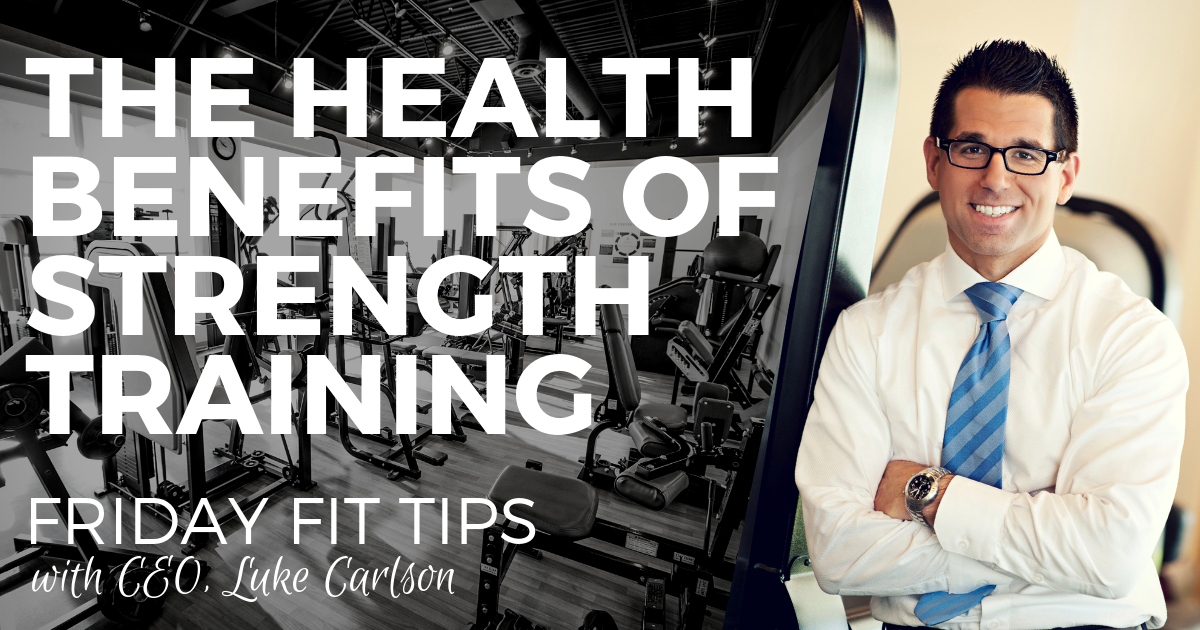

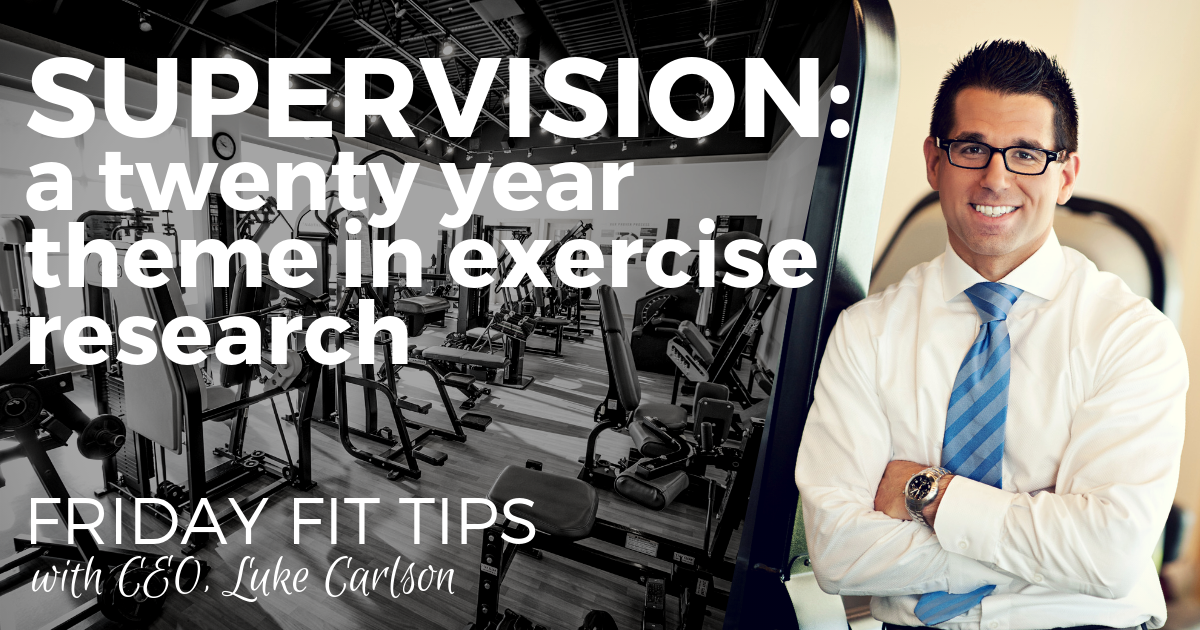


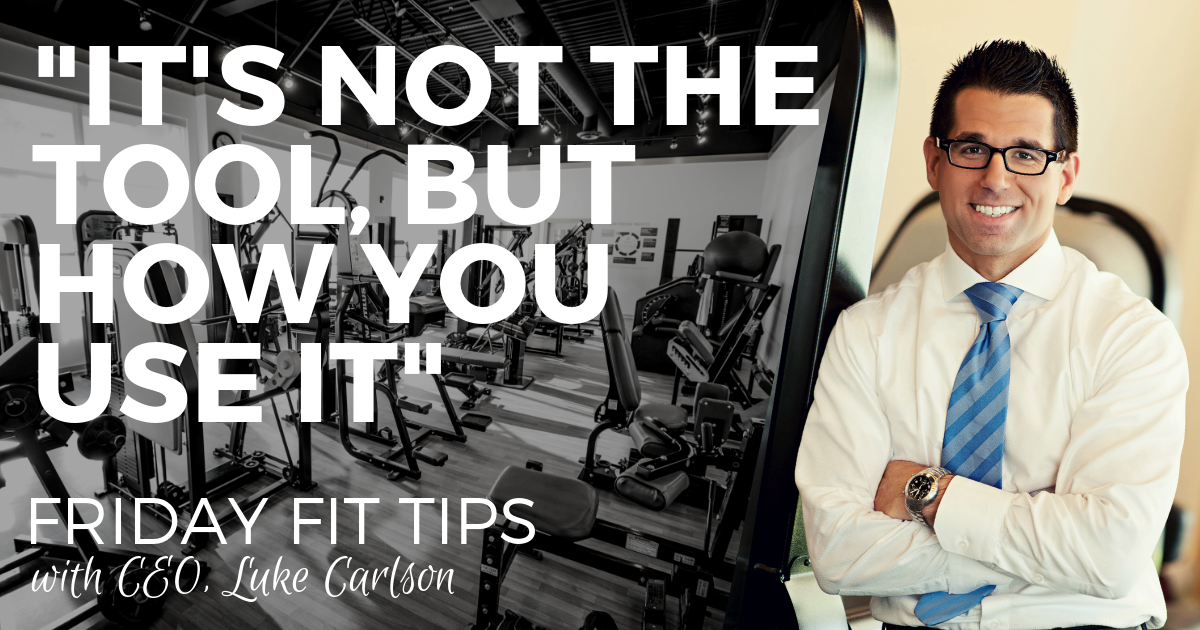
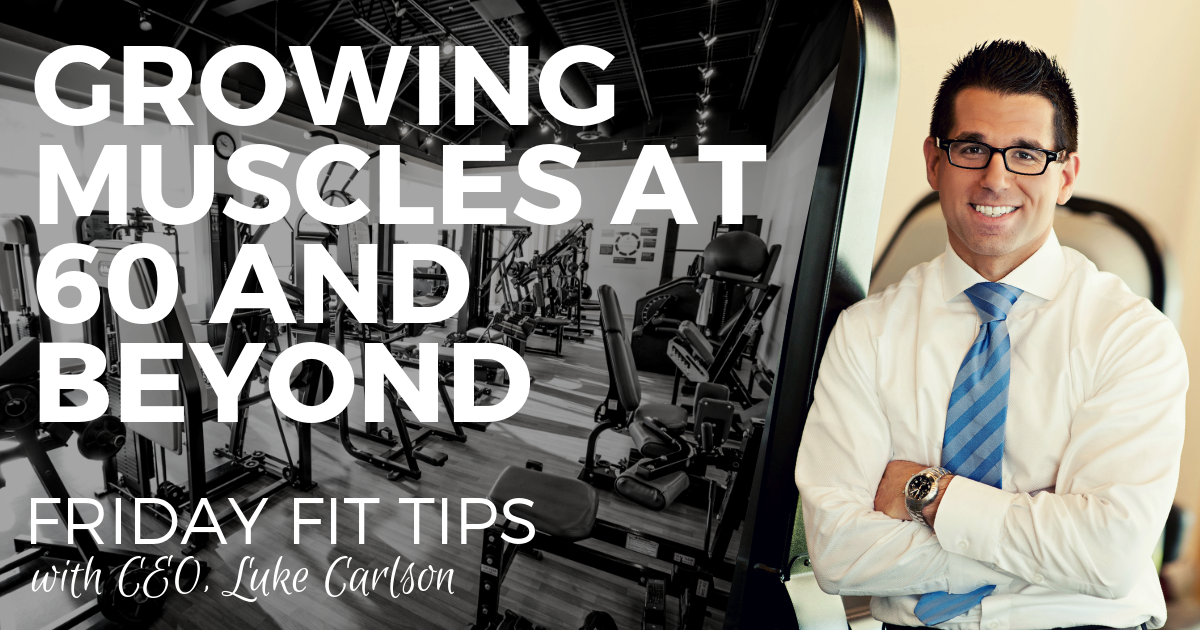

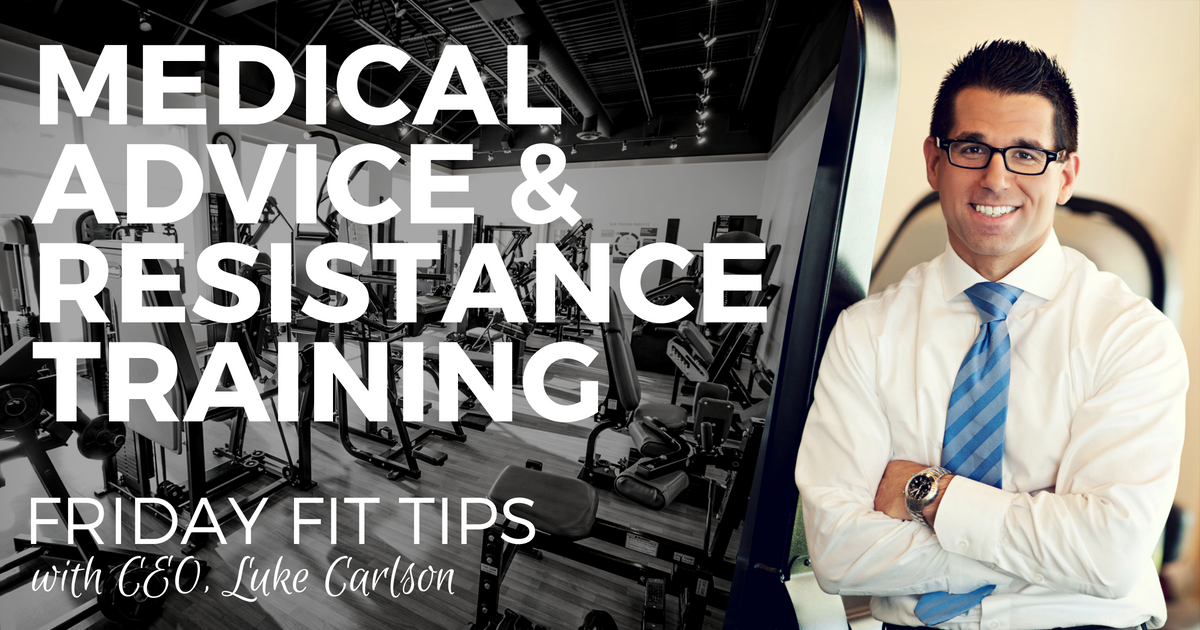
Leave a Reply
Your email address will not be published.